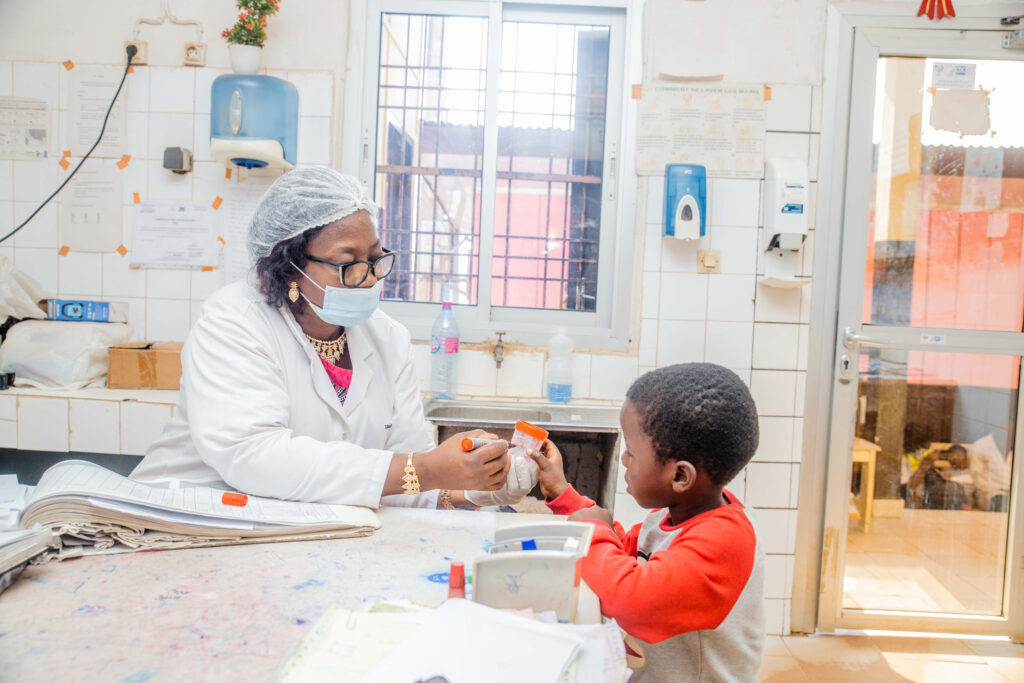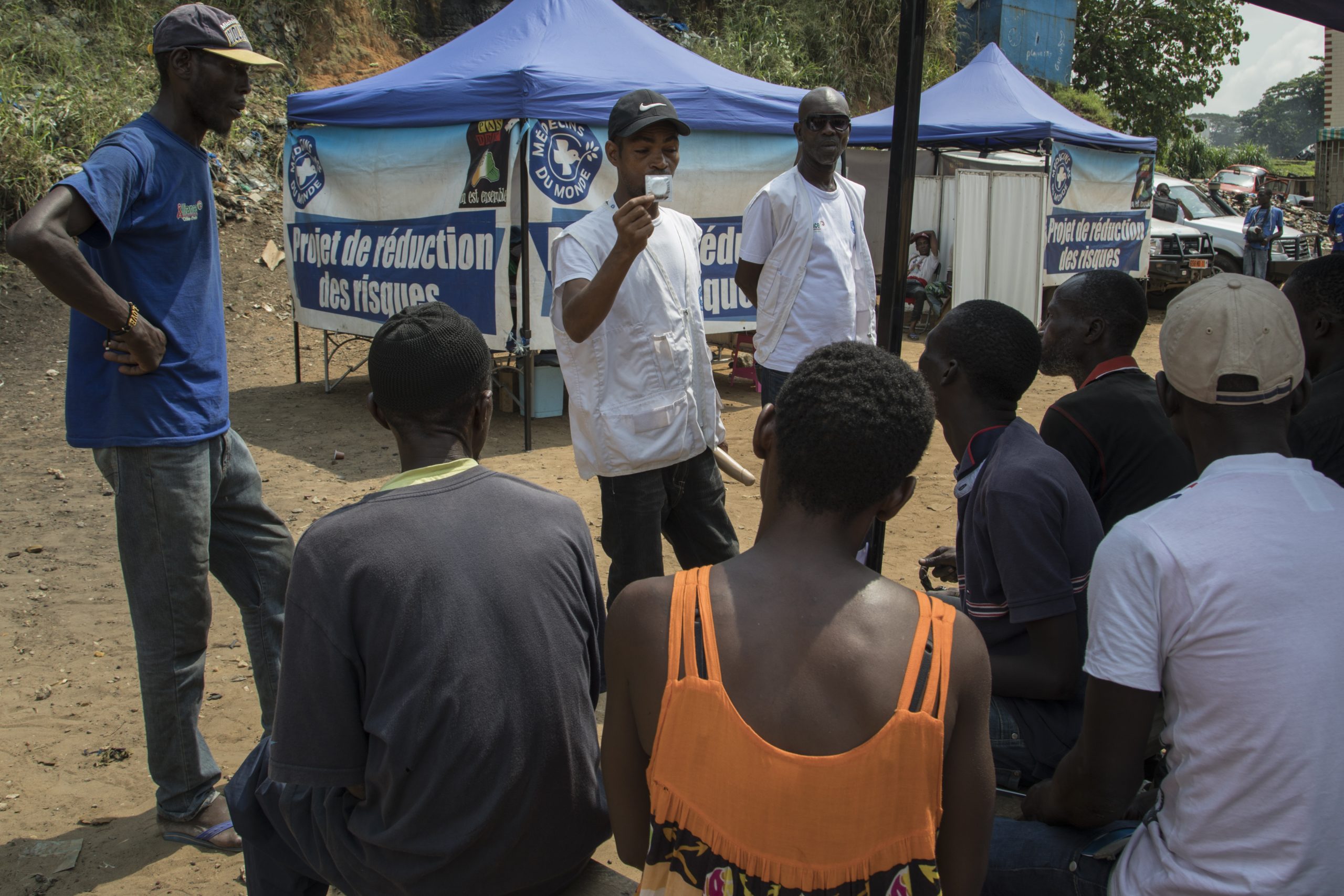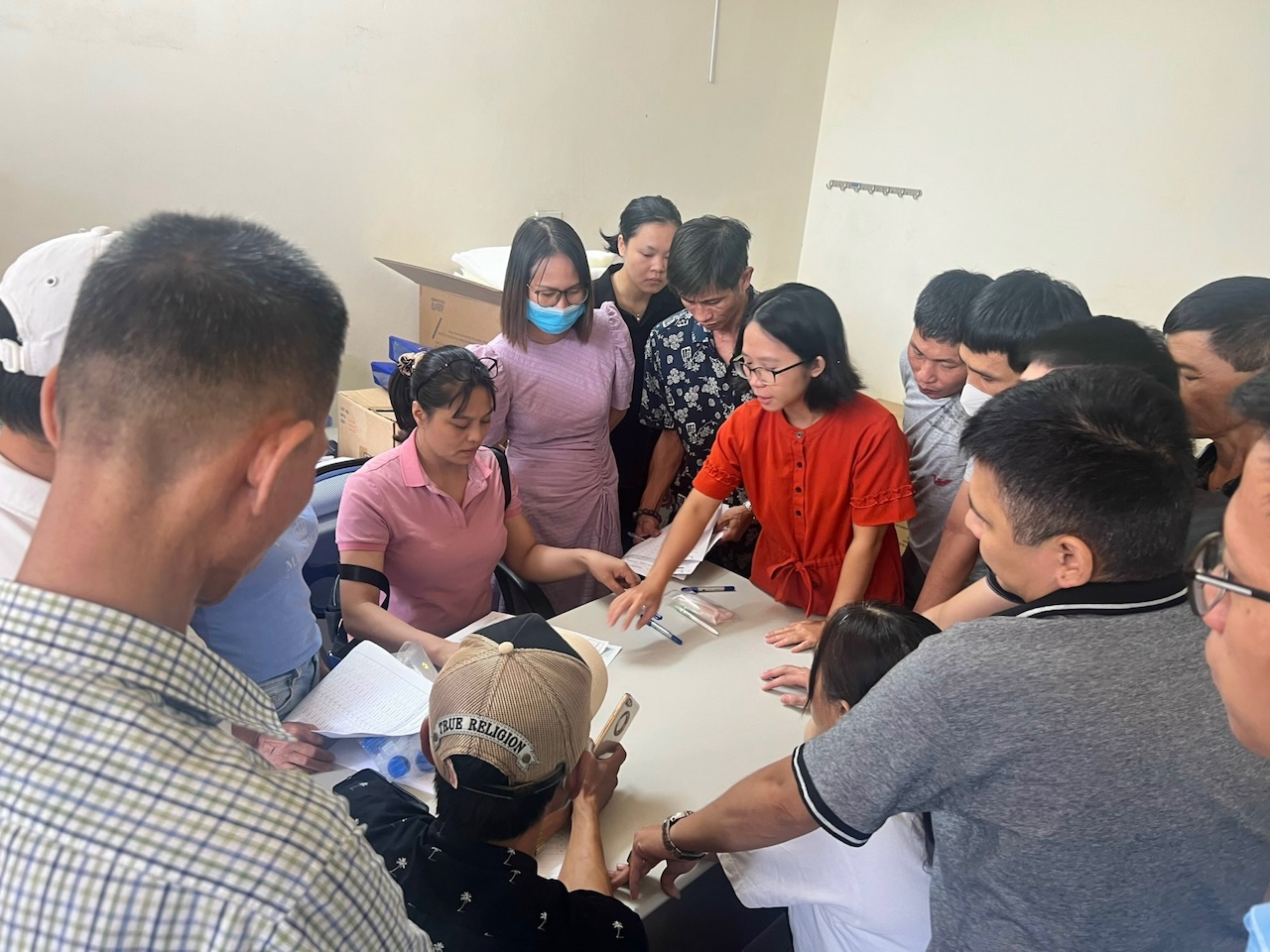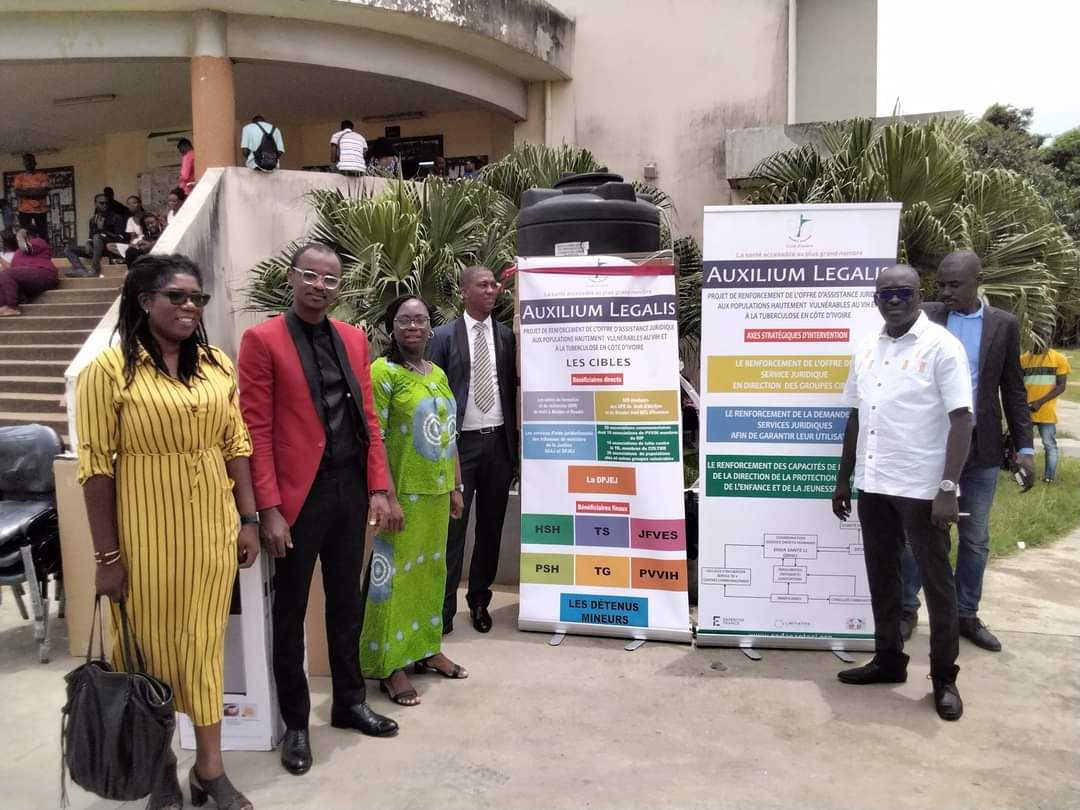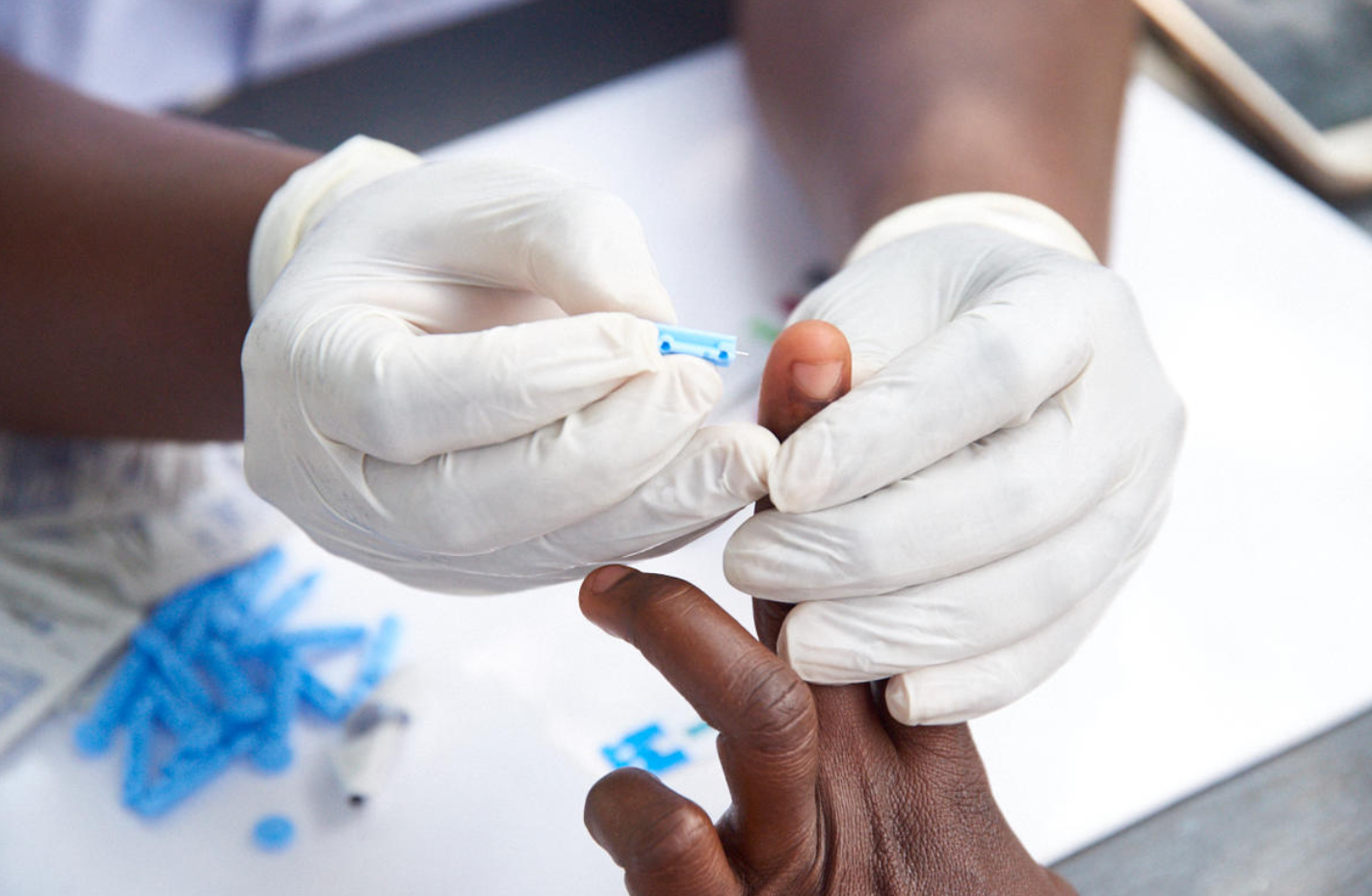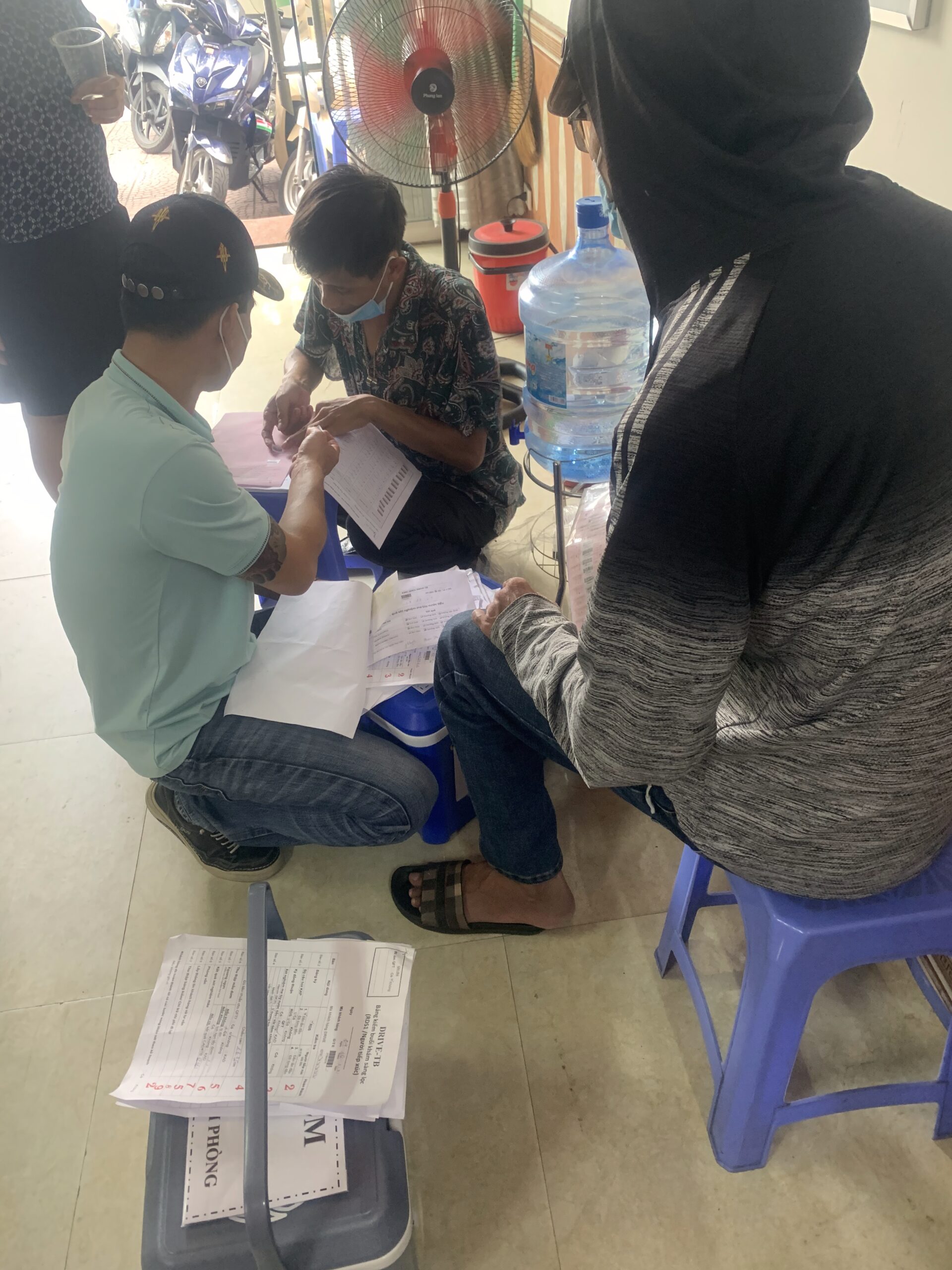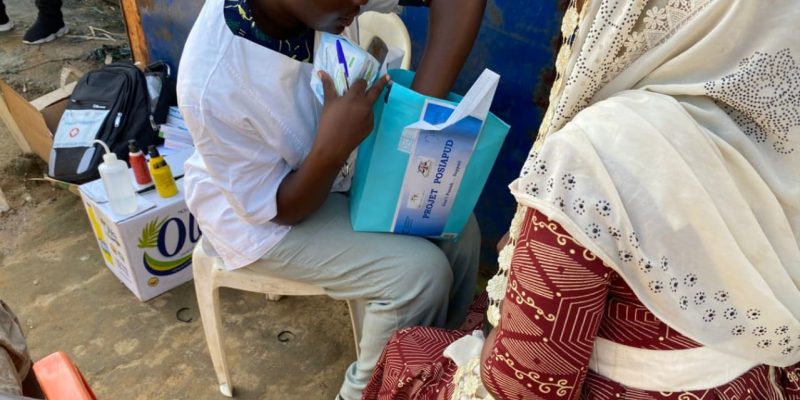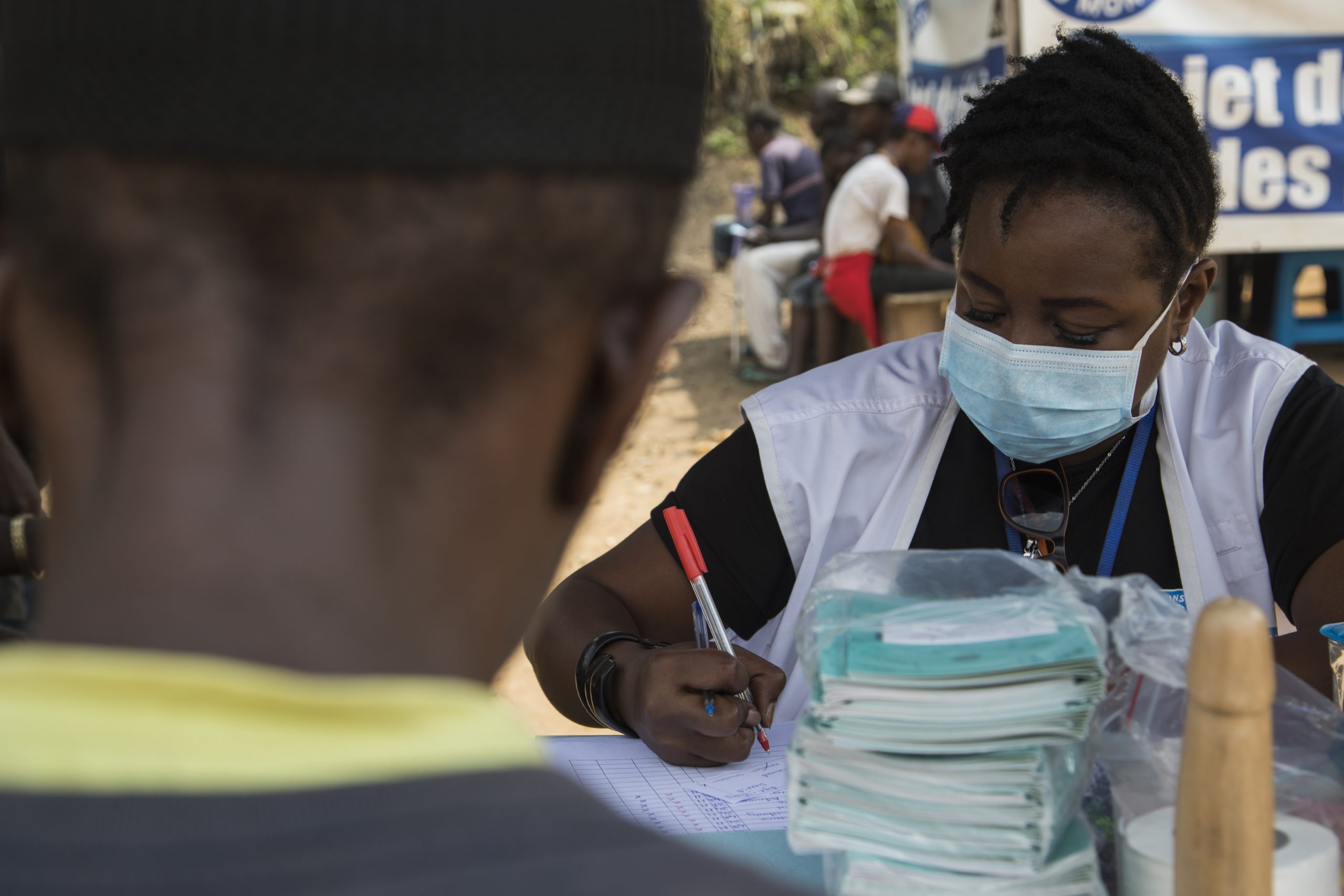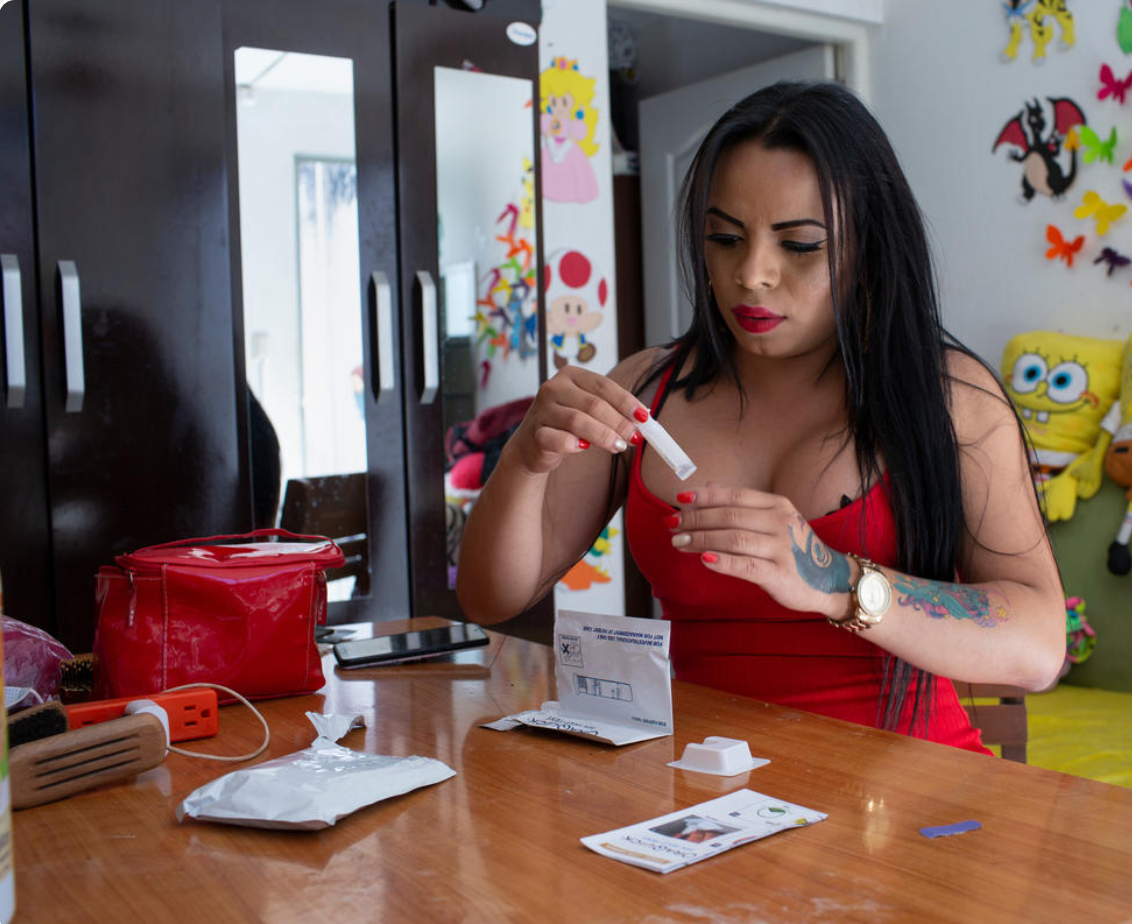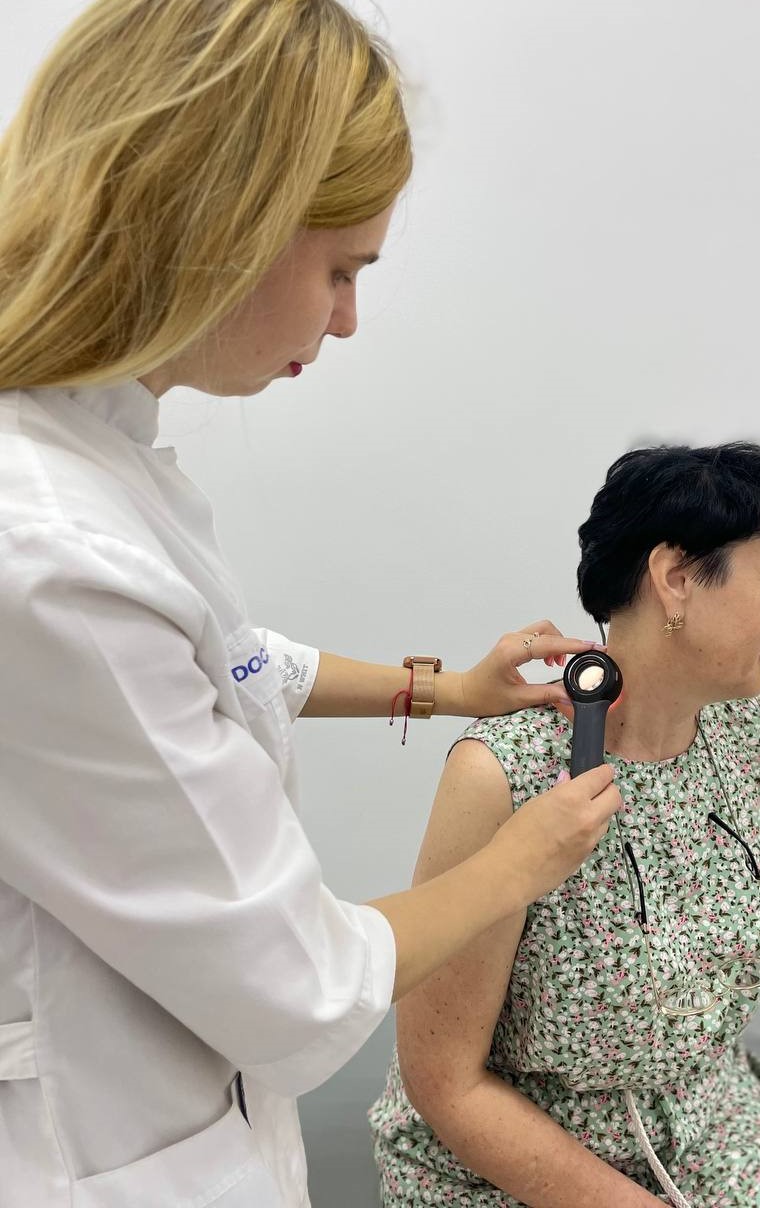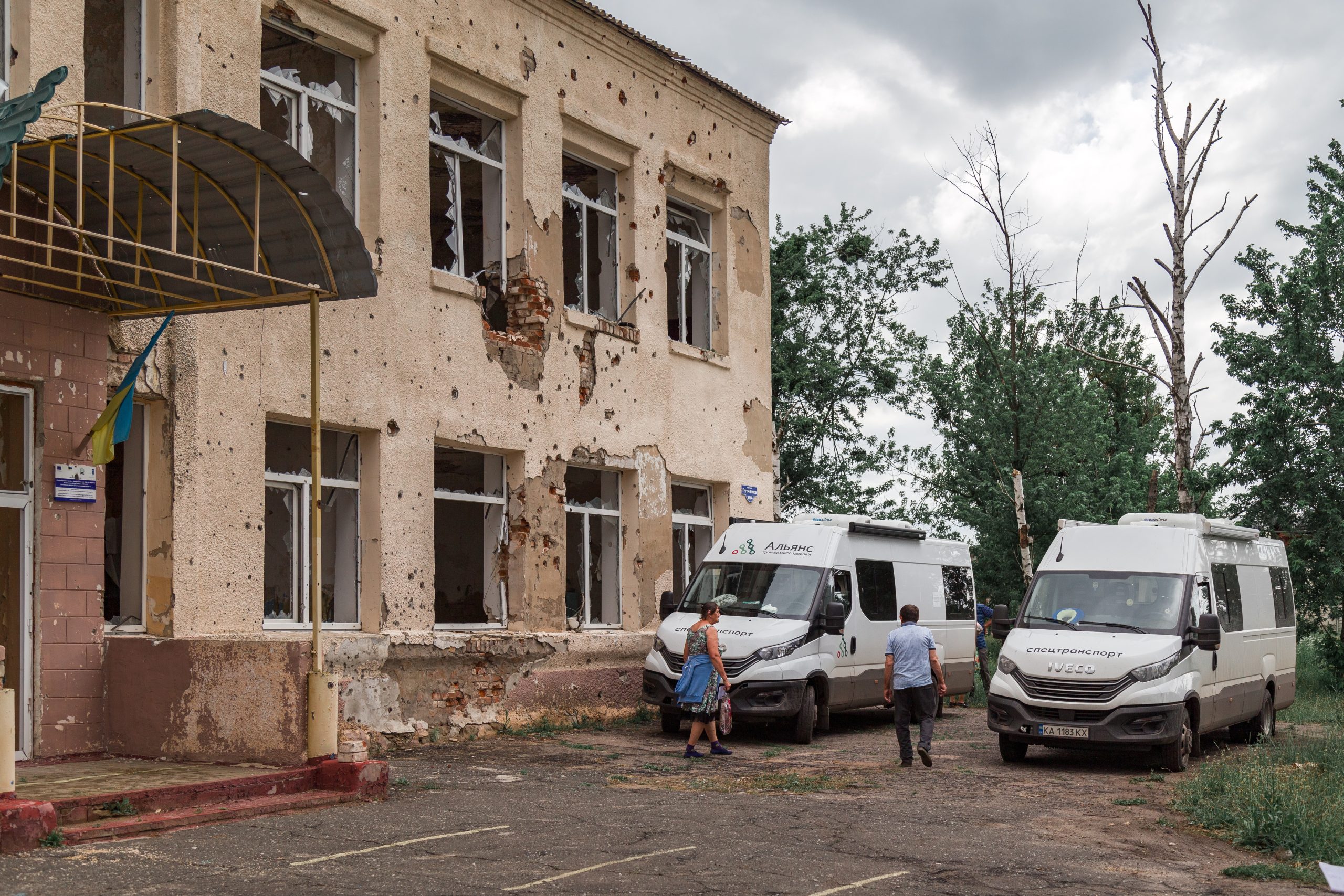The Mérieux Foundation is evaluating various screening and management strategies for latent tuberculosis in Cameroon and Madagascar.
Context
Latent tuberculosis refers to the condition in which a person carries tuberculosis bacteria without showing symptoms of the disease. Approximately 25% of the global population is estimated to be infected, and 5 to 10% of individuals with latent tuberculosis will develop active tuberculosis during their lifetime. Scaling up preventive tuberculosis treatment on a large scale requires identifying infected individuals and those at high risk of developing active tuberculosis. Unfortunately, screening and management of latent tuberculosis remain underdeveloped in Cameroon and Madagascar.
Description
With project partners, the Mérieux Foundation coordinated a study aimed at supporting national tuberculosis control programs. The goal was to define a cost-effective, sustainable, and contextually appropriate policy for screening and managing latent tuberculosis in both countries. To achieve this goal, the Foundation and its partners relied on community health workers to approach and raise awareness among individuals who have had close and prolonged contact with a case of active tuberculosis within their household. The study’s objective is to evaluate the performance of two screening tests (the tuberculin skin test and the IGRA) for latent tuberculosis among household contacts, as well as to identify individuals most likely to develop the disease.
Impact
The project has allowed for the evaluation of several strategies for screening and follow-up of latent tuberculosis adapted to local contexts. Among the 1,581 household contacts identified and followed up within the project, 43 who developed active tuberculosis were diagnosed and managed. 197 children under the age of 5 and/or people living with HIV (vulnerable groups) received preventive treatment. Additionally, the project contributed to strengthening local diagnostic and research capacities: more than 50 individuals trained in community-based approaches and conducting tests for latent tuberculosis screening. Lastly, the study provides new important insights about the “prognostic value” of the tuberculin skin test in identifying people likely to develop tuberculosis disease in the months following screening.
